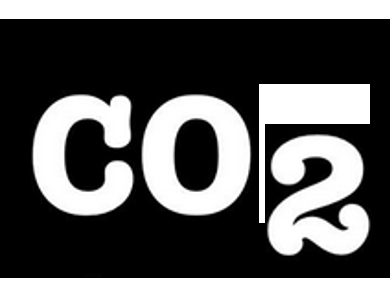Evonik and Siemens want to use electricity from renewable sources and bacteria to convert CO2 into specialty chemicals. The just launched, joint research project called Rheticus will receive 2.8 million euros in funding from Germany’s Federal Ministry of Education and Research (BMBF).
The first test plant is scheduled to go on stream by 2021 at the Evonik facility in Marl, Germany. It will produce chemicals such as butanol and hexanol, both feedstocks for special plastics and food supplements, for example. The next stage could see a plant with a production capacity of up to 20,000 tonnes a year. There is also potential to manufacture other specialty chemicals or fuels.
Siemens is providing the electrolysis technology, which is used in the first step to convert CO2 and water into hydrogen and CO using electricity. Evonik is contributing the fermentation process, converting gases containing CO into useful products by metabolic processes with the aid of special microorganisms. In the Rheticus project, these two steps – electrolysis and fermentation – are scaled up from the laboratory and combined in a technical test facility.
Using electricity to generate chemicals is an idea from the Power-to-X concept. The idea is to convert and store renewable, electrical energy efficiently. At the same time, the Rheticus platform contributes to the reduction of CO2 levels in the atmosphere. Three tons of CO2 would be needed to produce one tonne of butanol, for example. Rheticus is linked to the Kopernikus Initiative for the energy transition in Germany which is seeking new solutions to restructure the energy system.
- Evonik Industries, Essen, Germany
- Technical photosynthesis involving CO2 electrolysis and fermentation,
Thomas Haas, Ralf Krause, Rainer Weber, Martin Demler, Guenter Schmid,
Nature Catal. 2018, 1, 32–39.
https://doi.org/10.1038/s41929-017-0005-1




